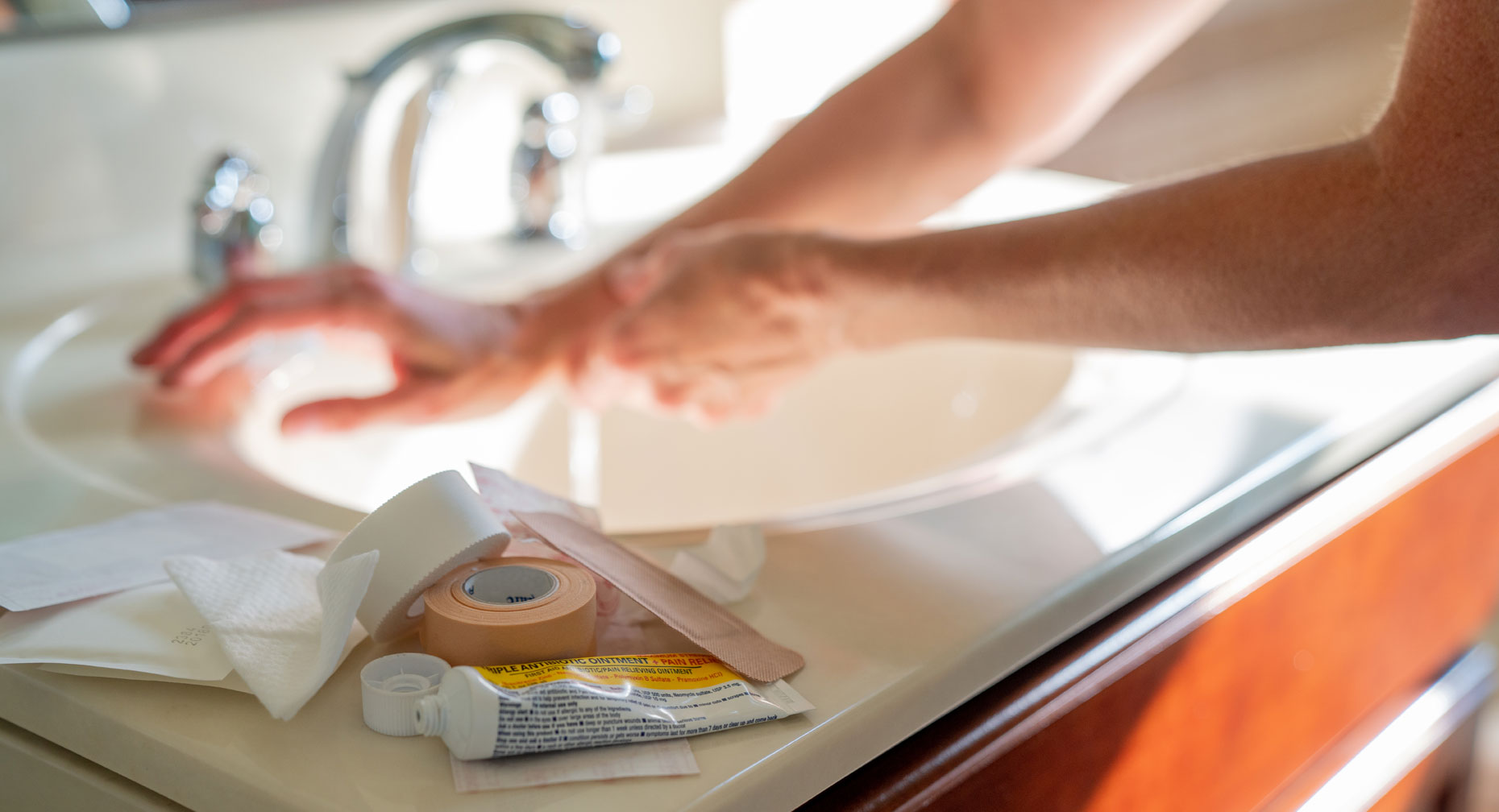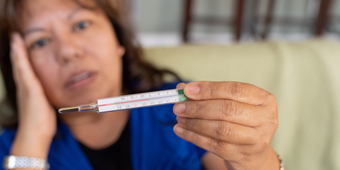Avoiding Tetanus: Is Your Vaccination Up to Date?

Answer a few questions and we'll provide you with a list of primary care providers that best fit your needs.
They’re everywhere — the bacteria that cause tetanus, that is.
That’s why it’s important to protect yourself from this rare but potentially deadly disease. You may have gotten your first tetanus vaccine years ago as a kid. But did you know you need to keep your immune level high with booster shots throughout your life?
What Is Tetanus?
Tetanus — also called lockjaw because of the painful jaw cramping it triggers — is a bacterial disease that attacks the central nervous system. The tetanus bacteria lurk all around us in soil, dust and manure. You’re especially at risk if you’re not vaccinated and you get a deep puncture wound or cut from a nail or a knife.
Tetanus is the only vaccine-preventable disease that is not transmitted from person to person. That means you can’t catch it from someone else.
How Is Tetanus Diagnosed?
There’s no lab test that can confirm tetanus. However, a doctor can diagnose tetanus by doing a complete physical exam and looking for certain telltale symptoms. They include:
- Jaw cramping — the most common sign
- Muscle spasms, often in the stomach
- Painful muscle stiffness all over the body
- Trouble swallowing
- Seizures (sudden, unusual movements or behavior)
- Headache
- Fever and sweating
- High blood pressure and a fast heart rate
Tetanus symptoms can mimic other medical conditions. Play it safe and see your health care provider if you’re experiencing any of these.
You’re especially at risk if you’re not vaccinated and you get a deep puncture wound or cut from a nail or a knife.
How Is Tetanus Treated?

Tetanus is a medical emergency, and requires:
- Care in the hospital
- Immediate treatment with medicine called human tetanus immune globulin (TIG)
- Thorough wound cleaning
- Drugs to control muscle spasms and other symptoms
- Antibiotics
- Use of a ventilator (breathing machine) if you have trouble breathing
- Tetanus vaccination
How Can Tetanus Be Prevented?
You can take these steps to avoid getting tetanus:
- Vaccination: Being up to date with your vaccine is by far the best way to prevent tetanus. But vaccines don’t last a lifetime, so you’ll still need to get booster shots regularly to keep a high level of protection.
- Wound Care: Treat even the most minor wounds — like blisters, scrapes or any break in the skin — right away. Clean with soap and water, or use an alcohol-based hand rub if you can’t wash.
Doctors can also use a medicine to help prevent tetanus if you seriously hurt yourself and are not already protected by the tetanus vaccine.
Why Is Vaccination So Important?
Tetanus is uncommon in the U.S., thanks to widespread immunization. But people still get the disease. And when they do, the complications can be serious and potentially fatal.
Just about every case of tetanus occurs in people who have never received a tetanus vaccine, or in adults who don’t stay up to date on their 10-year booster shots. That’s why tetanus vaccines are recommended for people of all ages, with booster shots throughout life. Check with your health care provider to make sure you’re protected.
Answer a few questions and we'll provide you with a list of primary care providers that best fit your needs.
Source: CDC; Vaccines.gov; National Foundation for Infectious Diseases




